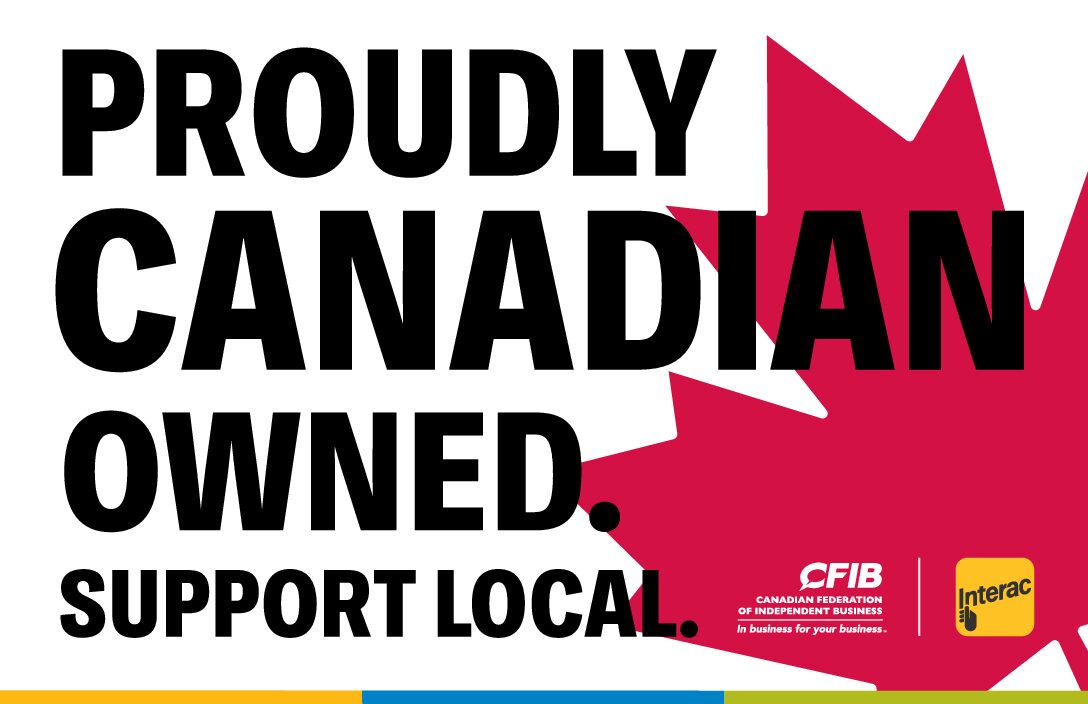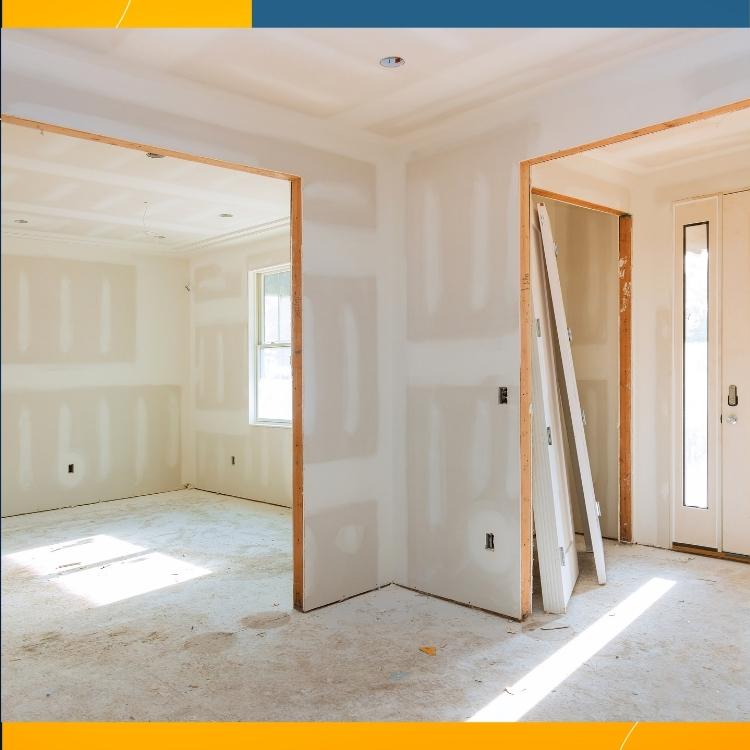We offer a wide range of services for that fresh look, or just maintenance or updates to keep your home functioning and safe. Regardless of the size of the job, we have a craftsman that can tackle it. We offer a wide range of services for that fresh look, or just maintenance or updates to keep your home functioning and safe. Regardless of the size of the job, we have a craftsman that can tackle it.

Drywall / April 21, 2022

Drywall is ubiquitous and used in just about every home construction. Because of this, it is easy to take it for granted. If you need to install new drywall, or you find you have a problem with some that are already in place, you may find that you do not know what to do. Here are some questions that you should ask when you hire drywall services in Brantford.
Drywall is a common building material. It is made of a light-density, naturally occurring mineral called gypsum. Literally translating to “plaster” in Greek, gypsum has been used to make walls for centuries, including in the Great Pyramids. The development of drywall made it more convenient to use.
Drywall is made by mixing powdered gypsum with water and other additives to make a paste. The paste is spread onto a strong sheet of paper. Once the paste reaches the proper thickness, another sheet of paper is placed on top of it. The drywall is cut into panels, and the edges of the paper are shaped. The panels are placed into a special oven for drying. Prior to shipping, each panel goes through a visual inspection to be sure it is ready to place in a home.
Compared to other building materials, drywall is relatively lightweight and easy to handle. It is much more time-efficient than the old method of applying plaster manually to the walls. Another major benefit of drywall is that it naturally contains crystallized water, which makes it resistant to fire.
As implied by the name, drywall is used to finish walls. However, that is not the only place it is used. Ceilings in residential homes are usually made of drywall as well.
Because drywall boards have different uses, they come in different sizes, expressed in both thickness and length. Ordinary drywall boards typically have a thickness between one-quarter and five-eighths of an inch. Drywall may be thicker than five-eighths of an inch if it is reinforced to be fire-resistant, soundproof, or mould resistant. Drywall panels typically range in length from eight feet to 12 feet and may be 48 to 54 inches wide.
It isn’t only the size that differentiates different types of drywall. There are different types engineered to provide extra protection from mould growth or fire. These are colour-coded, so a drywall technician may ask you if you want the blue, green, purple, or white variety.
It is possible to patch small cracks or holes in drywall, such as might occur from nail holes when you hang up pictures. You may be able to handle these repairs yourself. If the damage is more extensive, it may be necessary to replace the entire panel. This should only be attempted by a professional, but it is a relatively efficient process that should not inconvenience you or your family for too long.
Compared to other building materials, drywall is lightweight. However, it is made of rock and therefore it can be heavy to lift. You could damage the panels or injure yourself in your attempts to carry them. It takes time to learn the skills necessary for drywall installation. If you have not learned them, you could make mistakes that look terrible and could compromise the structural integrity of your wall. Drywall installation also requires special tools. Installing walls is difficult enough, but installing drywall on the ceiling is even more difficult because gravity is working against you.
At Handyman Connection, we handle drywall installation and many other types of home repairs. Find out more about the services we offer in Brantford.